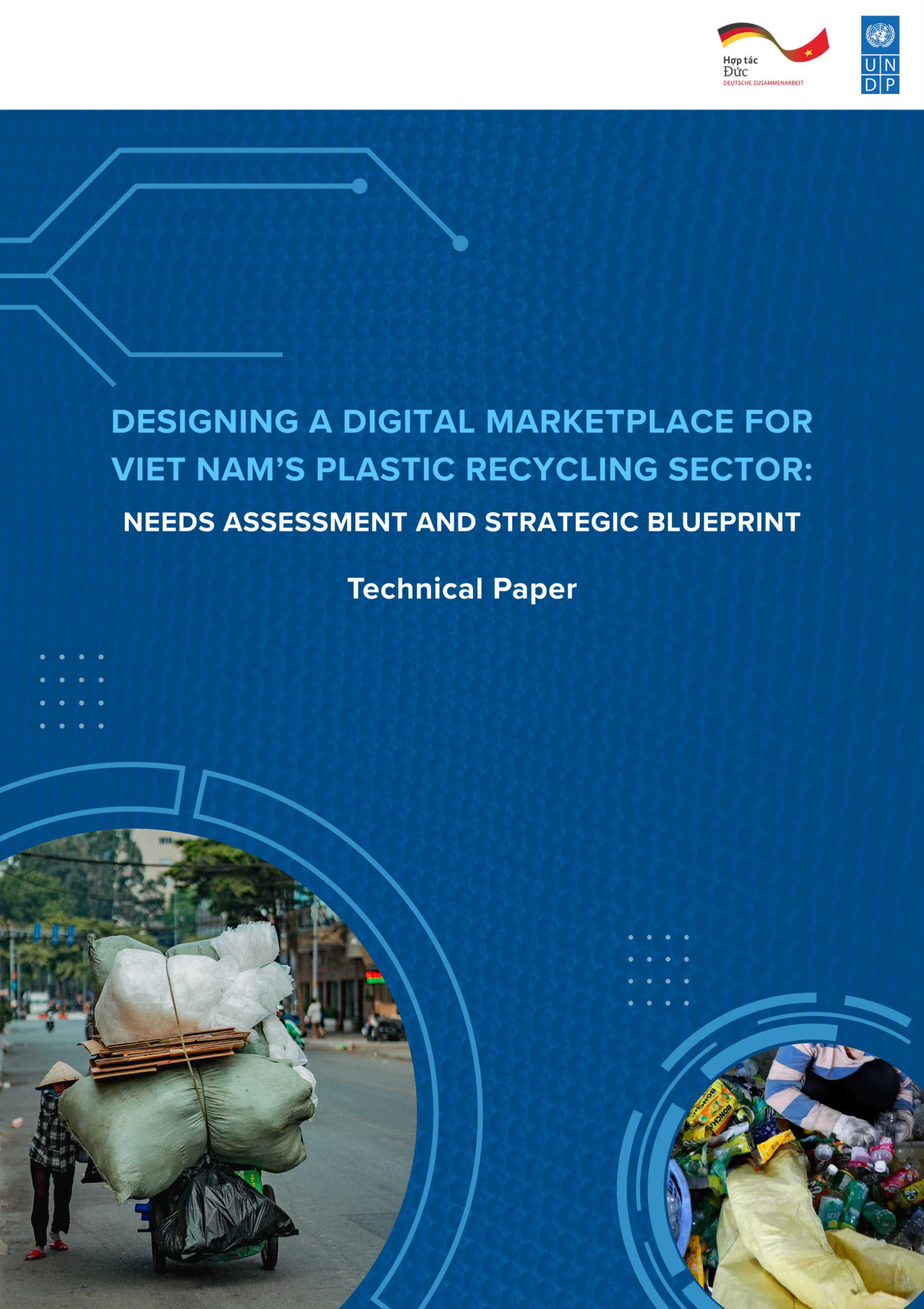Circular Economy Business Models with a Focus on Servitization
During the fourth industrial revolution, based on information and communication technology (ICT), service-led growth has been an increasingly important development area. This paper focuses on service-led growth as an innovative business model in the circular economy and offers the ‘product as a service model’. A business model needs to be flexibly adjustable for changes in the market in response to changes in technology, the economy, and the environment. For firms facing increasing scarcity of resources, the right business model for using resources is becoming crucial for their growth. In a circular economy, a new method of business modeling is essential. This paper introduces the ‘product as a service model’ using a conceptualized and case study methodology. We illustrate this innovative circular business model through product servitization at the Hyundai Automotive Enterprise in Korea. This business model can be effective because of emerging new ‘smart connected products’ such as the ‘internet of things’ and ‘fifth generation’ network technologies. Cost, convenience, and the circular economy for firms, consumers, and the environment are critical factors in this new business model.












